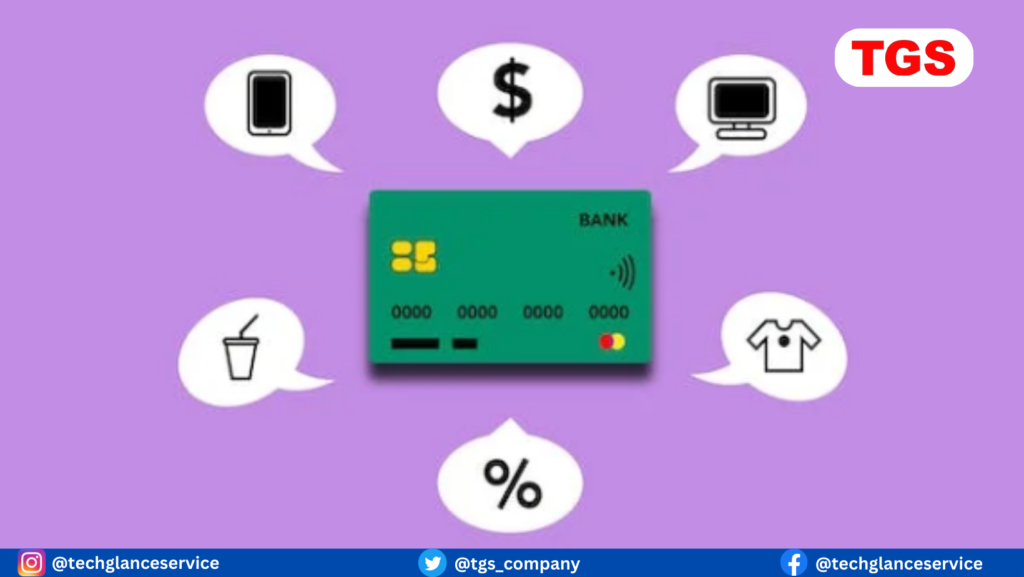
In the ever-changing landscape of the economy, staying informed about key trends is essential. In this comprehensive article, we’ll delve into the recent surge in consumer prices, exploring the factors behind it, the implications, and what it means for individuals and businesses.
Uncovering the Factors
Housing Costs
Housing is a fundamental aspect of consumer expenses. Over the past year, housing costs have risen substantially, primarily driven by increased demand, low inventory, and rising construction prices. This trend has put significant pressure on the budgets of homeowners and renters alike.
Soaring Gas Prices
Another critical component of consumer prices is gasoline. Recent geopolitical events and supply chain disruptions have led to a sharp increase in gas prices, impacting not only commuters but also various industries reliant on transportation.
Supply Chain Disruptions
The global economy’s interconnected nature means that supply chain disruptions have widespread consequences. Recent disruptions, including shipping delays and shortages of critical components, have led to increased costs for manufacturers. These costs are often passed on to consumers, further driving up prices.
Labor Shortages
Labor shortages in various sectors have had a domino effect on consumer prices. When businesses struggle to find workers, they may need to increase wages, which, in turn, can lead to higher prices for goods and services.
Inflationary Pressures
Understanding Inflation
Inflation is the result of a sustained increase in prices for goods and services over time. When inflation is not managed effectively, it can erode the purchasing power of consumers and impact their overall financial well-being.
Central Bank Response
To combat inflation, central banks often take monetary policy measures, including adjusting interest rates. These measures aim to regulate the money supply and control inflationary pressures. However, their effectiveness depends on various economic factors.
Implications for Individuals
Financial Planning
The surge in consumer prices underscores the importance of effective financial planning. Individuals and households may need to reevaluate their budgets, explore cost-saving strategies, and consider investments that can hedge against inflation.
Saving and Investing
In an inflationary environment, saving and investing wisely becomes paramount. Diversifying investments, considering inflation-protected securities, and exploring other investment options can help safeguard one’s financial future.
Impact on Businesses
Operational Challenges
Businesses are not immune to the effects of rising consumer prices. Operational challenges related to higher input costs can impact profitability and competitiveness. Companies need to adapt by optimizing supply chains and pricing strategies.
Customer Relations
Maintaining positive customer relations during times of rising prices is crucial. Businesses must communicate transparently about price increases and focus on delivering value to customers to retain loyalty.
Government Response
Policymaking
Governments play a significant role in addressing inflation. Effective policymaking involves finding a balance between stimulating economic growth and controlling inflation. This often entails making difficult decisions about taxation, spending, and regulatory measures.
Conclusion
In conclusion, the surge in consumer prices is a complex issue with far-reaching implications. It is essential for individuals, businesses, and governments to adapt to these changing economic conditions. Staying informed, planning wisely, and embracing innovative solutions are key steps in navigating the challenges posed by rising consumer prices.


